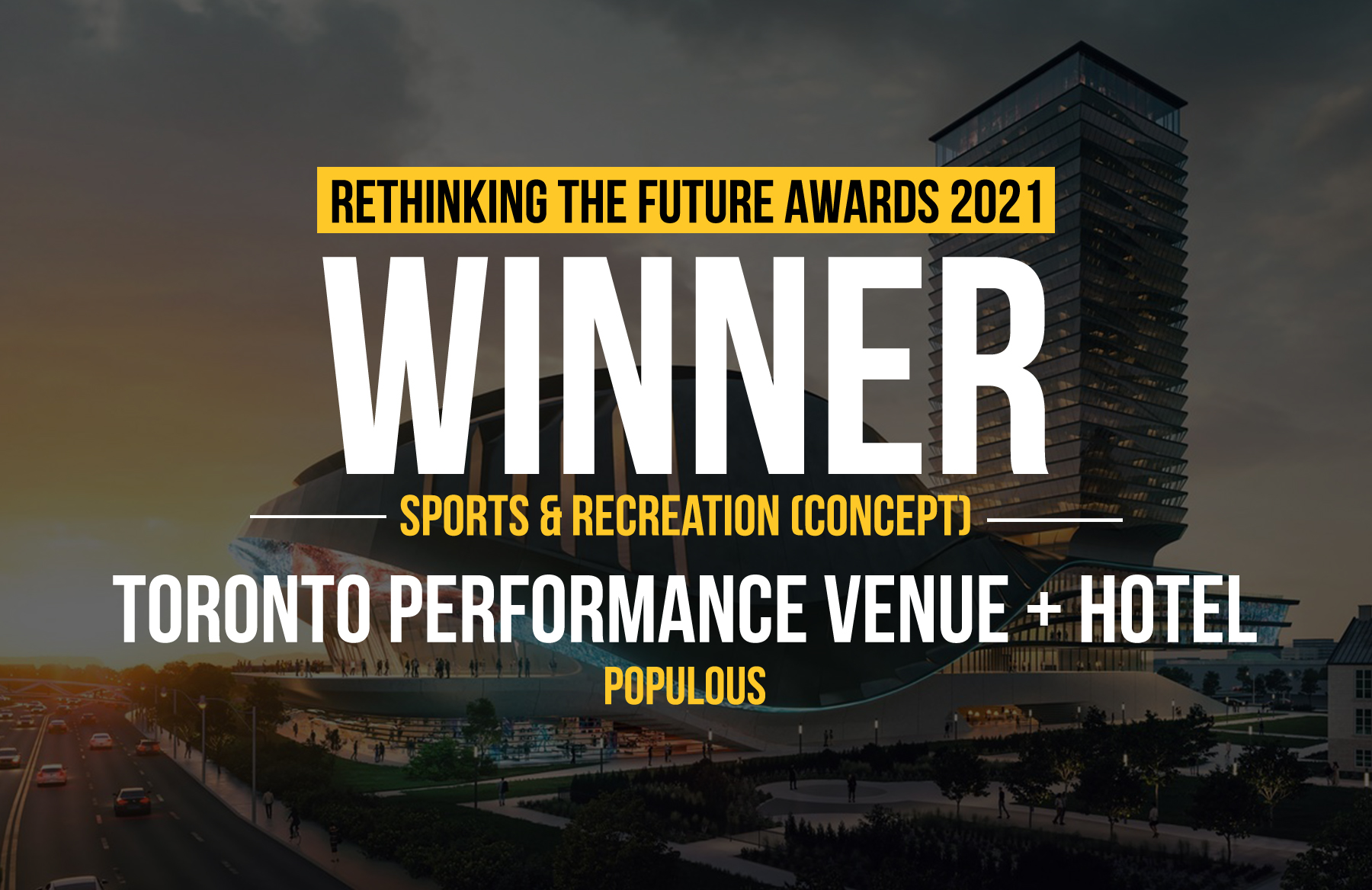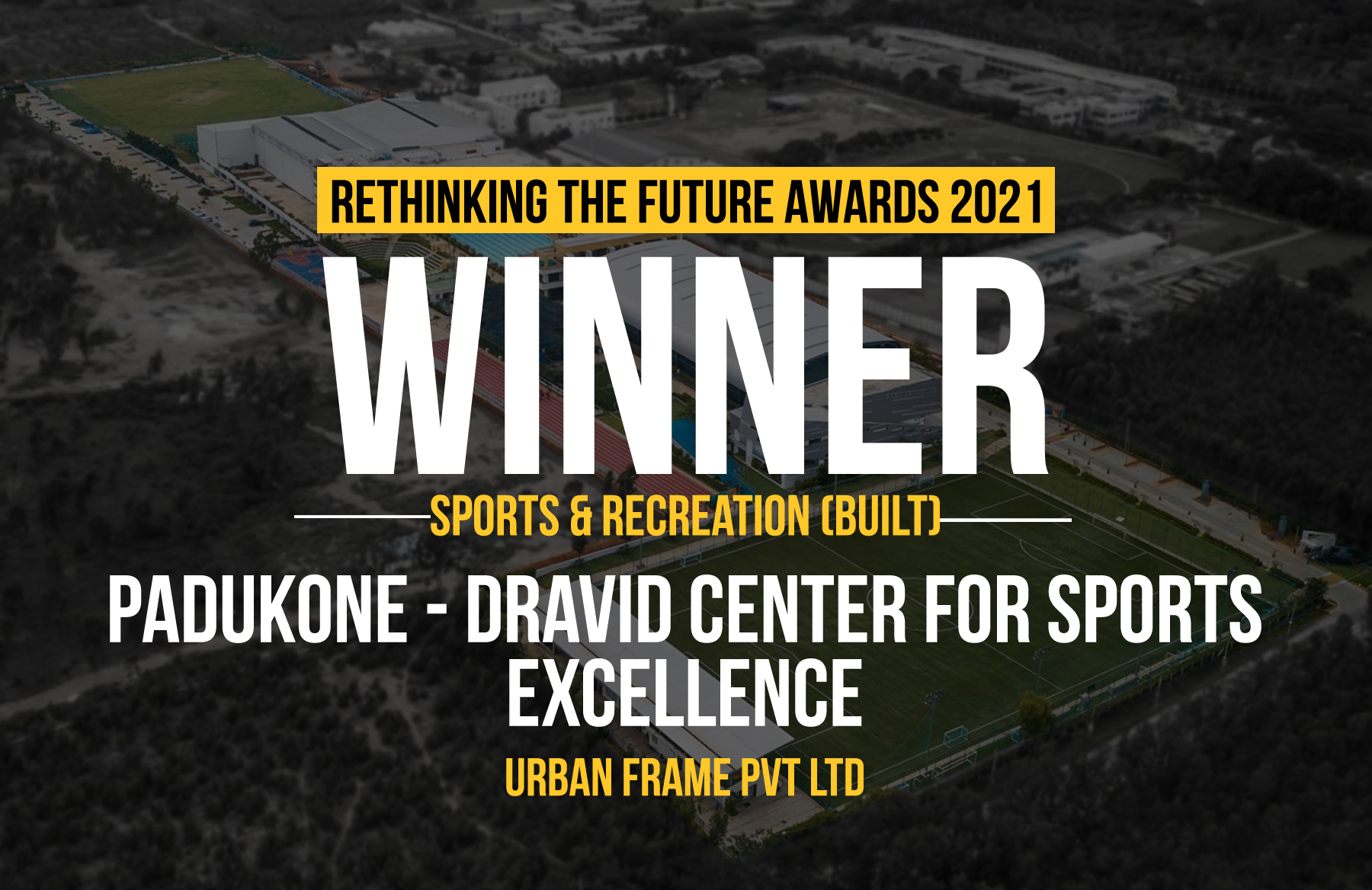First Award | Sports & Recreation
[tabs type=”horizontal”]
[tabs_head]
[tab_title]Project Info[/tab_title]
[tab_title]Details[/tab_title]
[/tabs_head]
[tab]Participant Name: Francesco Montaguti
University: University of Westminster, London
Country : United Kingdom[/tab]
[tab]The L-Earning Sport Hub
Shanghai: Our Studio operates as an applied think-tank, performing cultural analysis and design research. This year, through the context of Shanghai’s urban transformation, we will look at the role, relevance and political agency of architecture in a contemporary cultural landscape defined by attention.
Attention Economy: As our world becomes filled with ever larger quantities of content, the demand on our attention (a finite commodity) is not only increasing, it is becoming increasingly sophisticated. From new forms of leisure to various types of social media, from global brands to corporate environments a multiplicity of factors and agents vie to capture, hold or perhaps deliberately avoid our attention.
What is the role of architecture in this ecology of attention? How can it construct new structures of experience? What kinds of value can it produce? More importantly, how can it deliberately shape new types of experience in order to provoke new realities?
Effect & Affect: At the core of each creative discipline is the production of a body of effects that shapes the way we relate to the world and each other. In our Studio we are interested in disciplinary specificity, in the effects specific to architecture. We believe that architecture’s relevance, its engagement with the world and its sense of agency emerges through a process that starts with the generation of effects and, through these effects, produces affect, thus shaping human experience.
There is no agreed upon, universal definition of affect. We categorise affect as a set of forces other than conscious thinking that drive us to act. Affect is different than emotion, which is predetermined by language and cultural codes and thus resistant to change. Affect is perhaps closer to mood, atmosphere and sensation. Freedom is an affect, so is the silence in a church, which is different than the silence in a library or a museum.
Because it precedes language architectural affect has a tremendous potential to galvanize desire and create consensus in social mood. And because it operates under the radar of attention its behaviour is pervasive and viral, triggering instant action. More specifically we will investigate the possibility of creating a new type of city through a deliberate architecture of affect.
Shanghai is China’s largest city and the largest city in the world by population.
How does architecture engage? How are its effects transformative and affects political? The project will look at architecture’s role in curating public space and will explore situated, counterintuitive effects to inform a knowledge-base of expert affect deployment strategies.
The project will bring together interests, preoccupations and themes discovered in the initial workshops and the Shanghai visit to formulate an individual final brief / research abstract. Through an expert choreography
of effects the project will instrumentalise attention to engage with specific urban conditions. New typologies will be postulated and their convolutional relationship with both their urban exteriority and their material interiority explored. The project will be submitted via a 3m drawing, a 1:100 physical model, a 1st and 2nd semester portfolios.
[/tab]
[/tabs]
If you’ve missed participating in this award, don’t worry. RTF’s next series of Awards for Excellence in Architecture & Design – is open for Registration.
[button color=”black” size=”medium” link=”httpss://www.re-thinkingthefuture.com/awards/” icon=”” target=”false”]Participate Now[/button]
[g-gallery gid=”7685″]





